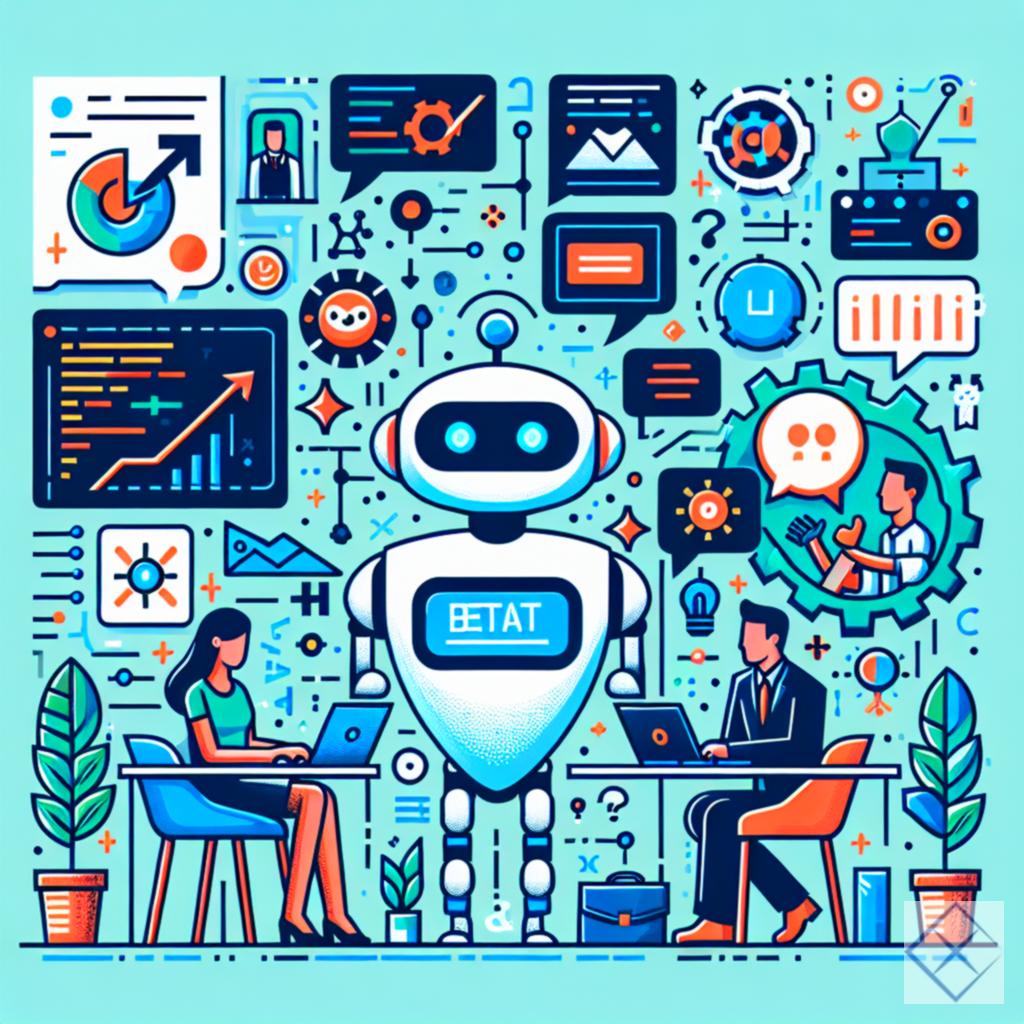Could allowing candidates use ChatGPT in coding interviews actually produce better results

Could Allowing Candidates to Use ChatGPT in Coding Interviews Actually Produce Better Results?
In the evolving landscape of technical hiring, conventional coding interviews are increasingly being scrutinized for their effectiveness. A recent discussion on Reddit brought forth an interesting proposition: what if we allowed candidates to use ChatGPT during coding interviews? This idea warrants a deeper exploration, as it could reshape the way we assess technical talent.
The Traditional Interview Dilemma
Many in the tech community have voiced concerns over the traditional approach to coding interviews, particularly the practice of asking candidates to solve algorithmic problems like implementing a Breadth-First Search (BFS) on a whiteboard. Critics argue that these tasks often fail to reflect real-world programming challenges and instead test a candidate’s ability to think under pressure rather than their actual coding skills.
One insightful comment from the discussion highlighted that the absence of a professional governing body in tech, unlike fields such as medicine or law, leads to varied standards in evaluating candidates. As a result, the focus has shifted to finding effective assessment methods that truly gauge a candidate’s capabilities.
Embracing Tools Like ChatGPT
A thought-provoking perspective emerged: rather than banning the use of tools such as ChatGPT, why not embrace them? After all, in real-world scenarios, developers frequently rely on search engines, documentation, and libraries to solve problems efficiently. So, if we allow candidates to use ChatGPT, what does that reveal about their skills?
A former colleague shared a valuable experience from a company that conducted “Code Review” interviews. In this format, candidates were presented with a pull request containing deliberately flawed code and tasked with providing a thorough review. This approach yielded rich insights into a candidate’s ability to read, debug, and refactor code—all essential skills for a developer.
By allowing the use of ChatGPT in a similar manner, interviewers could observe how candidates leverage the tool to approach complex problems, while also assessing their critical thinking and problem-solving abilities. If they use ChatGPT effectively, that could indicate a strong understanding of the coding process.
The Skills We Should Be Testing
The crux of the debate centers around what we are truly testing in a coding interview. One insightful commenter pointed out that the fundamental skill we should be assessing is a candidate’s ability to learn complex concepts under pressure—much like what they would experience during a DevOps crisis or when meeting tight deadlines in a development cycle.
If we accept that the essence of being a great developer lies in the ability to dissect and solve unfamiliar problems quickly, then using ChatGPT becomes less of a hindrance and more of a tool that candidates can wield to enhance their performance. The focus should shift from simply completing tasks to demonstrating understanding, creativity, and critical thinking.
Navigating the Potential Pitfalls
However, there are potential pitfalls to consider. Some argue that by allowing ChatGPT, we may inadvertently dilute the assessment of a candidate’s raw skills. If the tool produces code that candidates cannot explain or justify, it raises questions about their understanding of the material.
To mitigate this, interviewers could require candidates to explain their thought processes and choices in detail, even if they used ChatGPT for code generation. This would ensure that the candidate’s understanding and reasoning take precedence over mere output.
Conclusion: A New Paradigm for Technical Interviews
The discussion around using ChatGPT in coding interviews opens the door to a new paradigm in technical hiring. By integrating modern tools into our assessment processes, we can better evaluate the skills that truly matter: problem-solving, collaboration, and the ability to learn under pressure.
As we continue to adapt to the changing landscape of technology and hiring practices, it’s essential to remain open to innovative approaches. Allowing candidates to use ChatGPT could not only enhance the interview experience but also foster a more accurate representation of a candidate’s potential in real-world scenarios.
What are your thoughts on this approach? Would you be open to trying it in your hiring processes? Let’s continue the conversation.